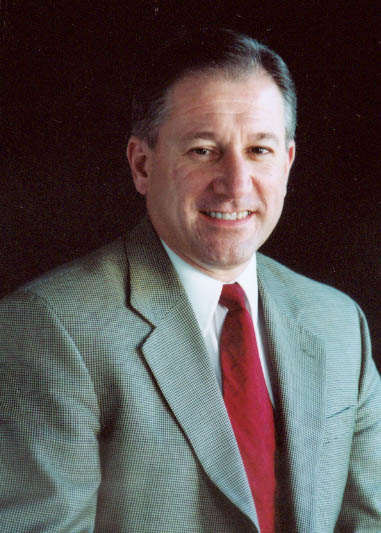
ALEXANDRIA, La. (BP)–“The odds are against her. She’s in critical condition and any new complications could be life threatening” — that’s how Dr. Matthew Lenz described Andrea Clark’s medical status to the Houston Chronicle. “But,” he added, “We’re going to give her a fighting chance.”
A fighting chance may not seem like much, but a couple of weeks ago it did not appear that Andrea Clark, 54, would even be given that.
It was in this column, on April 29, that I detailed the plight of Clark and the Texas law that placed her life in peril.
Clark has been a patient at St. Luke’s Episcopal Hospital in Houston since November. She suffered complications following open heart surgery in January that left her dependent upon a respirator for survival. Her motor control faculties were damaged, but family members said her cognitive abilities were unaffected. “Our sister is not in a coma, she’s not brain dead,” Lanore Dixon told Houston’s KHOU-TV. “She’s sick, but she’s been sick before.”
Regardless of her family’s contention, and that of at least one other doctor, the St. Luke’s ethics committee agreed with Clark’s attending physician and voted April 19 to terminate the critically ill woman’s life support.
Many were stunned to learn that St. Luke’s unilateral decision to passively euthanize a critically ill patient, against the wishes of both the patient and the family, was protected by Texas law.
The Texas Advance Directives Act (TADA), which became law in 1999, was designed to guide end-of-life decisions. It included both a new advance medical directive -– i.e. living will, and guidelines for resolving disputes over end-of-life decisions, including medical futility disputes.
Medical futility disputes arise when, as in Clark’s case, a doctor believes a patient’s condition is hopeless and wants to terminate life-sustaining treatment in spite of the patient’s advance medical directive and/or the family’s wishes.
According to TADA, when a dispute arises between a physician and a patient or a patient’s family, the doctor can appeal to the ethics committee of the hospital where the treatment is taking place.
If the ethics committee agrees with the doctor, the hospital can discontinue life support at the end of 10 days. April 30 was the date Clark’s life support was scheduled for termination.
But Clark was given hope when, at the last minute, St. Luke’s approved a plan that involved transporting her to a facility in Illinois. However, that plan fell through and Dr. Matthew Lenz, a physician with privileges at St. Luke’s, agreed to take over Clark’s care.
Now, according to Dr. Lenz, Clark at least has a fighting chance.
Clark’s case is worth continued scrutiny for a variety of reasons.
First, how did the passive euthanasia provision in TADA escape the notice of Texas lawmakers and then-Gov. George W. Bush, who signed the act into law? Additionally, how did it slip past the scrutiny of pro-life organizations that supported the legislation?
I am neither a lawyer nor a son of a lawyer, but it only took a couple of readings of TADA for me to realize the sinister nature of the provision that allows a hospital unilaterally to terminate a critically ill patient’s life support.
Another aspect of the Clark case that is disturbing is the lack of media attention it garnered. The so-called “conventional” media was simply missing-in-action. With the exception of the Houston Chronicle, which ran four stories, and KHOU-TV that aired two reports, no other media broached the subject of Clark’s plight.
It was pro-life web logs, also known as blogs, and Internet news sites that alerted the general public to Clark’s situation. Once people learned of the critically ill woman’s circumstance, they began to contact St. Luke’s in protest.
“Without the Internet and the pro-life movement, our sister wouldn’t be alive today”, Dixon, told Internet news site North Country Gazette.
On a positive note, Clark’s ordeal has exposed the fact that TADA allows for passive euthanasia. The law must be altered or abandoned so future critically ill patients in the Lone Star State will, like Andrea Clark, have a fighting chance at recovery.
–30–
Boggs is editor of the Baptist Message newspaper in Louisiana.















